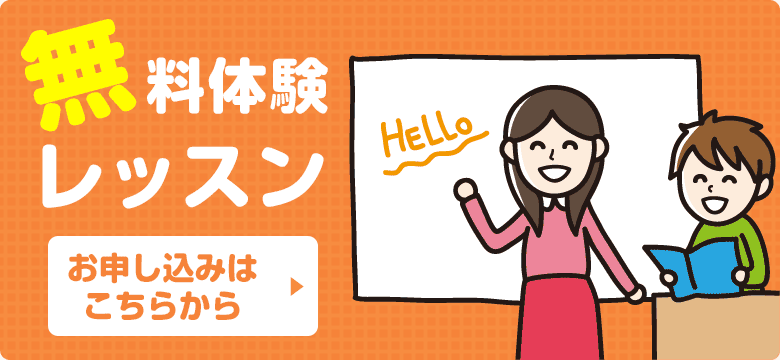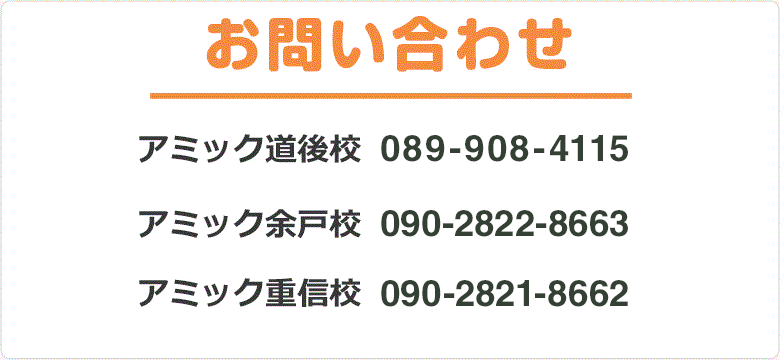カテゴリー:未分類
Better Than Fiction: 5 Fantastic Documentaries 英会話・英語 アミック
My favorite film genre is probably the documentary. In particular, I like ones that introduce me to some sort of underground world or subculture I didn’t previously know about, or those that take some everyday thing I’ve never really thought about and explain its history.
I don’t watch them as often as I’d like, but here are some of the most memorable docs I’ve watched over the past few years:
A Map For Saturday (2007)
There was a time in my life when I was obsessed with the idea of quitting my job and going backpacking around the world by myself. Around that time, I watched A Map For A Saturday, an indie documentary that prepared me for the realities of long-term travel: the ups and downs of making new friends then having to say goodbye, the lack of a real sense of ‘home’, and the difficulties in navigating a place where you don’t speak the language. Having now done this type of trip, I appreciate the film even more as it paints an incredibly accurate picture of the backpacker lifestyle (and is a great way to relive it when it you can’t get back out on the road).
Icarus (2017)
I love documentaries that seem to start down one road then take a completely unexpected turn down another. In Icarus, filmmaker Bryan Fogel enlists the help of Russian doctor Grigory Rodchenkov to try and win a challenging amateur cycling race by using undetectable performance-enhancing drugs. Shortly after, Rodchenkov reveals he was the mastermind of a state-sponsored doping program that allowed dirty Russian athletes to go undetected at the 2014 Sochi Olympics. From there, the film shifts from sports doc to geopolitical thriller as Rodchenkov spills the details of the scandal while trying to avoid being ‘silenced’ by the Russian government.
I Know That Voice (2012)
It’s basically 90 minutes of voice actors doing their characters’ voices on camera. For that reason alone, it’s awesome.
The Barkley Marathons: The Trail That Eats Its Young (2014)
There’s nothing like watching a movie about insanely fit people while you sit on your couch eating snacks. The Barkley Marathon is an invitation-only ultramarathon that consists of five 20-miles laps through the hilly and wooded Tennessee countryside, all in less than 60 hours. The race’s charm comes through its quirks: the race’s entry fee is $1.60, a personal essay, and a license plate from the runner’s home; the waypoints hidden along the course are old paperback books the competitors must tear the assigned page out of; and the run is initiated by race founder Gary Cantrell lighting a cigarette. The race is so difficult that in its 32-year history, only 18 runners have finished in time.
The Search for General Tso (2014)
In America, there’s probably not a town of decent size without at least one Chinese restaurant. The reason why I had never really thought about, but after watching this film I learned the interesting history of how Chinese food (well, the Americanized version) spread throughout America, the history of the fortune cookie, and why you’ll never find General Tso’s chicken served anywhere in China.
Play me a sad song, ‘cause that’s what I wanna hear 英会話・英語 アミック
I usually troll the main page of Wikipedia to find inspiration for my weekly blog post. Today, I felt totally uninspired while clicking through articles. I’ve been working on a list of sad songs, because sometimes you just want to listen to a sad song and have a good cry. Sadness can be evoked by different things in different people, but some things are universally tragic: heartbreak, death, rejection, loss, loneliness, the list goes on and on. What I’ve noticed about my top favorite sad songs is that despite having an upbeat melody, the lyrics tug at the your heart in a way that only truly poignant words can.
Manu Chao- Dia Luna Dia Pena (“Moon Day Pain Day”)
Radiohead- How to Disappear Completely
No sad song list would be complete without a song from Radiohead.
Florence + The Machine – Ship to Wreck
Kings of Convenience- Toxic Girl
Scandinavian melancholy at its finest.
Sufjan Stevens – A Loverless Bed (Without Remission)
Of course, these all are open to interpretation. What makes me want to curl up in a ball and wail won’t necessarily make you feel the same way 😛 What is your favorite sad song?
英会話・英語 アミック – Phrasal verb with “run” (part 1)
Run about
- Meaning: Be very busy doing many different things
- Example: I’ve been running about all week getting everything ready for the holidays.
Run across
- Meaning: Cross by running
- Example: The police ran across the bridge to catch the criminal.
Run across
- Meaning: Find or discover by chance
- Example: While I was cleaning the kitchen cupboards, I ran across Mother’s recipe for Cornish game hens.
Run after
- Meaning: Chase
- Example: That dog will get hurt if he continues to run after cars.
Run after
- Meaning: Make a determined effort to win someone’s affections
- Example: She runs after any man in uniform!
Run against
- Meaning: Oppose, make difficulties.
- Example: Luck is really running against you tonight!
Run along
- Meaning: Leave; to make one’s way somewhere else
- Example: Well I must be running along now or I’ll be late for supper.
Run around
- Meaning: Be very busy doing many different things
- Example: I don’t want to run around all week getting everything ready for the holidays.
Run around after
- Meaning: Spend a lot of time doing things for another person or group of people
- Example: I have spent all morning running around after the kids.
Japanese Things In English – 英会話・英語 アミック
My students always laugh when they learn how the names of popular Japanese media have been translated into English.
Some are extremely literal—the famous 1997 Studio Ghibli film, for example, is Mononoke-hime in Japanese and Princess Ehime in English. The names of most Dragon Ball characters in the English adaptation have stayed faithful to their Japanese origins, too: Kuririn is Krillin, Freeza is Frieza, Buruma is Bulma, Bejita is Vegeta, Torankusu is Trunks, and so on.
However, importers of other Japanese media have taken much more creative license with their naming; here’s a list of 10 Japanese media things and their English counterparts:
| Thing | Romaji | English |
| Film | Hauru no Ugoku Shiro | Howl’s Moving Castle |
| Pokemon | Lizardo | Charmeleon |
| Children’s show | Sūpā Sentai Shirīzu | Mighty Morphin’ Power Rangers |
| Game show | Fūun! Takeshi-jō | Most Extreme Elimination Challenge |
| Anime | Hagane no Renkinjutsushi | Fullmetal Alchemist |
| Film | Kaze Tachinu | The Wind Rises |
| Pokemon | Pippi | Clefairy |
| Mario character | Kinopio | Toad |
| Manga | Shingeki no Kyojin | Attack on Titan |
I love fall
October is one of my favorite months, in my favorite season. The weather is finally getting cooler, delicious fall flavors are appearing on cafe menus, and it’s nearly time for my favorite holiday, Halloween. Right now I’m trying to decide on a fun new costume for our Halloween week celebrations. In previous years I’ve been a ghost, a horse, and a Star Wars character. What should I be this year? What would you like to see? I’d love to hear any suggestions or requests, and I’m looking forward to seeing everyone else’s costumes!




